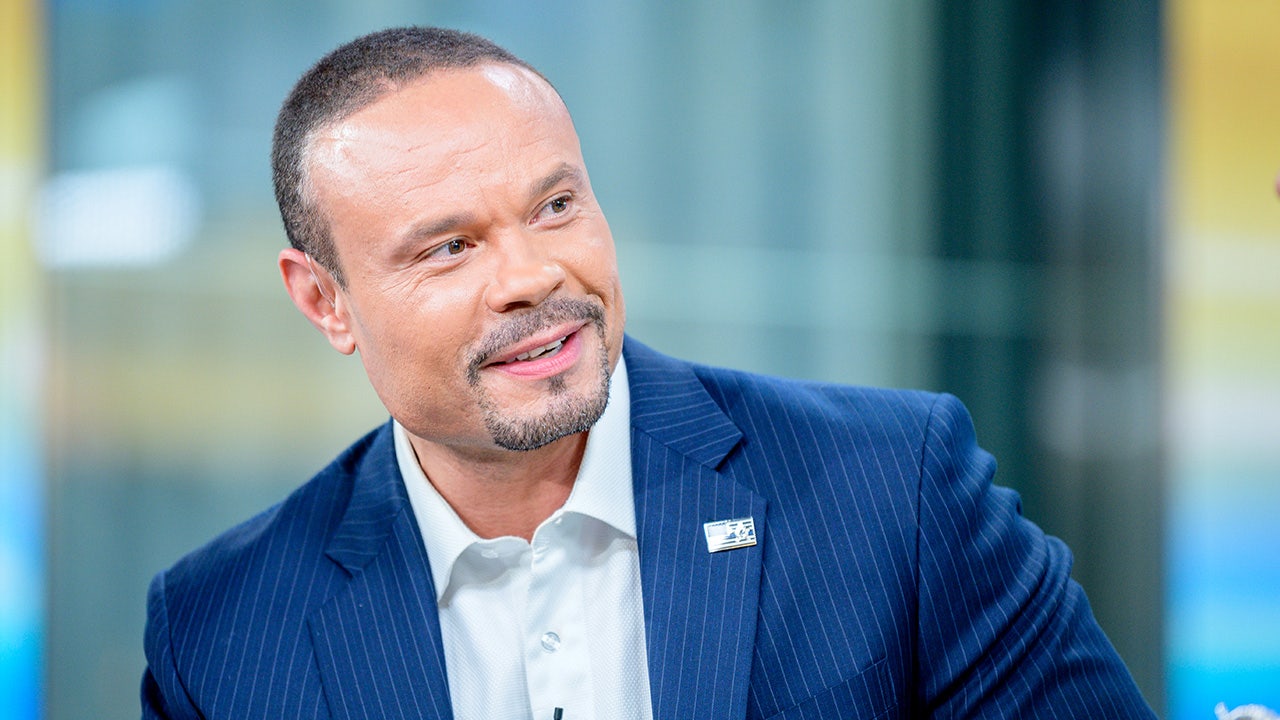Mr. Guterres was speaking at a press briefing at UN Headquarters shortly after the 15-member Council passed the resolution following days of negotiation.
He told journalists that there has been no significant change in the way the war has been unfolding in Gaza, with no effective protection of civilians.
He outlined devastation that includes more than 20,000 Palestinians reportedly killed and 1.9 million people, 85 per cent of the population, forced to flee their homes. The Gaza health system is on its knees, clean water is at a trickle and the World Food Programme (WFP) has warned of the threat of widespread famine.
“A humanitarian ceasefire is the only way to begin to meet the desperate needs of people in Gaza and end their ongoing nightmare,” he said. “I hope that today’s Security Council Resolution may help this finally to happen but much more is needed immediately.”
‘Massive obstacles’
Mr. Guterres said it was a mistake to measure the effectiveness of the humanitarian operation in Gaza based on the number of aid trucks that are allowed to enter the enclave.
“The real problem is that the way Israel is conducting this offensive is creating massive obstacles to the distribution of humanitarian aid inside Gaza,” he said.
He stressed that an effective aid operation there requires four elements that currently do not exist, namely security, staff who can work in safety, logistical capacity, and the resumption of commercial activity.
Regarding security, he noted that the intense Israeli bombardment and active combat in densely populated areas threatens both civilians and aid workers.
While humanitarian staff need to be able to live and work in safety, 136 personnel from the UN agency that assists Palestinians, UNRWA, have been killed since the start of the conflict, he said, adding that “nowhere is safe in Gaza.”
Logistic constraints
Turning to logistics, he reported that every aid truck that comes through the two open border crossings with Gaza – Kerem Shalom and Rafah – must be unloaded and then re-loaded for distribution across the enclave.
“Many of our vehicles and trucks were destroyed or left behind following our forced, hurried evacuation from the north, but the Israeli authorities have not allowed any additional trucks to operate in Gaza. This is massively hampering the aid operation,” he said.
Furthermore, aid delivery in the north is extremely dangerous due to active conflict, unexploded ordnance, and heavily damaged road, he added, while frequent communications blackouts in Gaza make it virtually impossible to coordinate the distribution of aid and people’s access to it.
Unity and action
Looking to the longer term, the UN chief also upheld the two-State solution between Israelis and Palestinians as “the only path to sustainable peace.”
He said spillover from the conflict is already being felt in the immediate region and beyond, posing a significant and growing threat to global peace and security.
“As the conflict intensifies and the horror grows, we will continue to do our part. We will not give up,” the Secretary-General said.
“But at the same time, it is imperative that the international community speak with one voice: for peace, for the protection of civilians, for an end to suffering, and for a commitment to the two-state solution – backed with action.”





